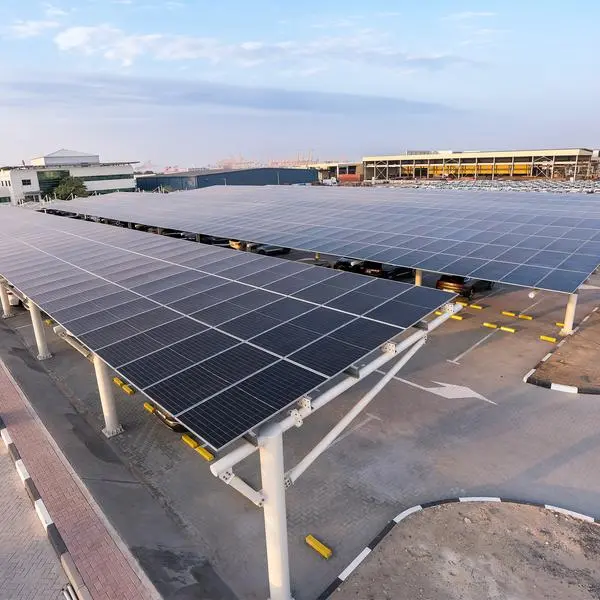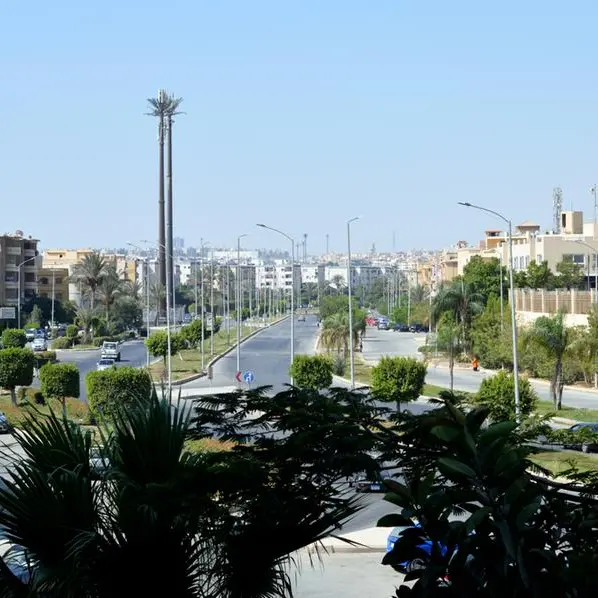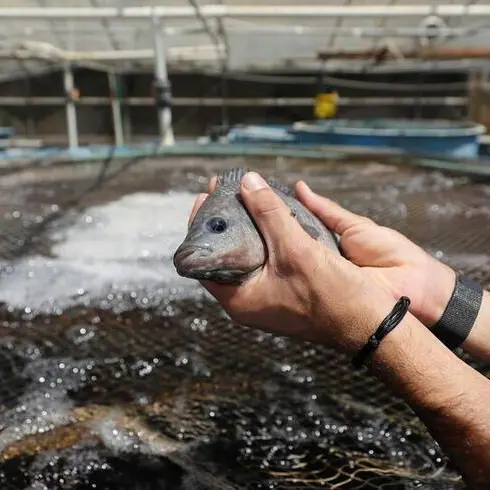PHOTO
BALI, Indonesia - Climate change is increasingly impacting mental health and psychosocial well-being, the World Health Organisation (WHO) said, calling on member countries in Southeast Asia Region to strengthen mental health systems and services to address this growing challenge.
"Climate change exacerbates many social, environmental, and economic risk factors for mental health and psychosocial well-being. Among WHO regions, South-East Asia is most vulnerable to this," Asian News International (ANI) quoted Saima Wazed, Regional Director WHO South-East Asia, as saying. She was opening a regional workshop for 'Strengthening the capacity of countries to address the impact of climate change on mental health', held in Bali from 12th to 14th August.
The Regional Director said that in many countries significant gaps existed between mental health needs and the availability and accessibility of mental health systems and services. The increase in mental health and psychosocial problems from climate change is putting an extra burden on the health system.
"There is a large gap in both knowledge of and response to, climate change's impact on mental health... There is an evident need to bring together climate and mental health officials from member states to ensure accelerated action to adapt and mitigate climate change impacts and prevent further widening of this gap," Wazed said.
"Even without climate change, the mental health situation is challenging. In our region, an estimated 260 million people live with a mental health condition and more than 200,000 people die by suicide every year," she said.
5 key approaches
The WHO official emphasised five key WHO approaches for strengthening mental health. First, to integrate climate change considerations into policies and programmes for mental health, including mental health and psychosocial support system (MHPSS), to better prepare for and respond to the climate crisis.
Second, integrating MHPSS within policies and programmes dealing with climate change and health. Third, countries in the Region must build upon the global commitments. Fourth, multi-sectoral and community-based approaches to reduce vulnerabilities and address the mental health and psychosocial impacts of climate change and lastly, addressing the large gaps in funding both for mental health and for responding to the health impacts of climate change.
The Action Plan for Mental Health in the WHO South-East Asia Region provides an array of options to expand and strengthen user-oriented community mental health services. It also advocates for updating policies and laws in line with international human rights instruments, to strengthen leadership and governance for mental health.
Earlier, in 2017 the WHO South-East Asia Region adopted the Male Declaration and the Framework for action for building health systems resilience to climate change, acknowledging the importance of human, technical and financial resources to address this issue.
Universal access
In 2022, countries in the Region endorsed the PARO Declaration on universal access to people-centred mental health care and services, committing to ensuring an effective and comprehensive response to mental health needs. This included establishing evidence-based and rights-oriented community mental health networks, and deinstitutionalisation of care for people with severe mental disorders. It also included combating stigma and discrimination against people with mental disorders, as well as their experiences.
Wazed, who assumed office as Regional Director on 1st February 2024, has been emphasising on empowering individuals and communities, both physically and mentally, to adopt a holistic approach to health and well-being, allowing them to reach their full potential through local solutions that address local realities. Central to her vision is the establishment of effective and people-centred health systems.





















